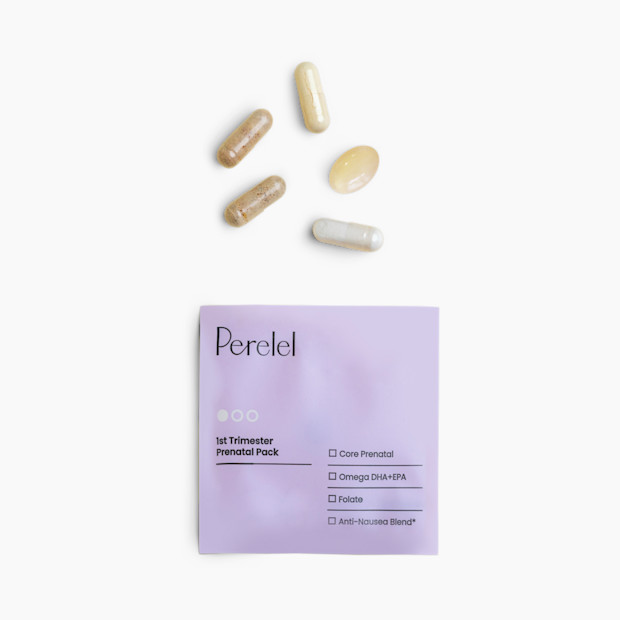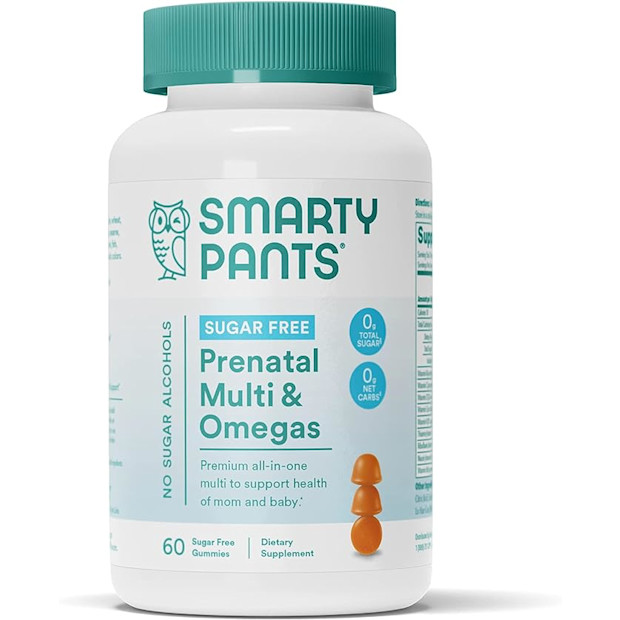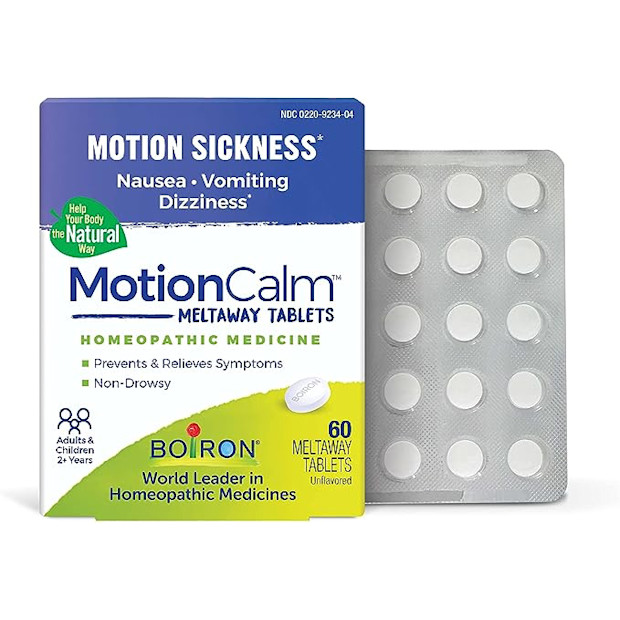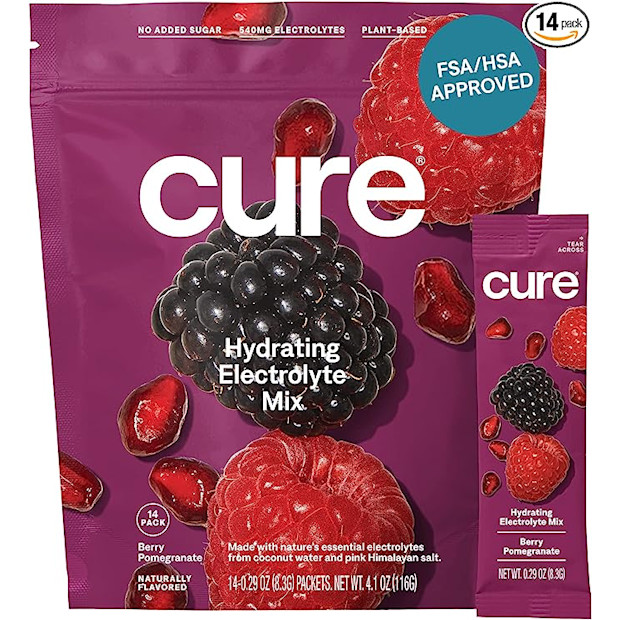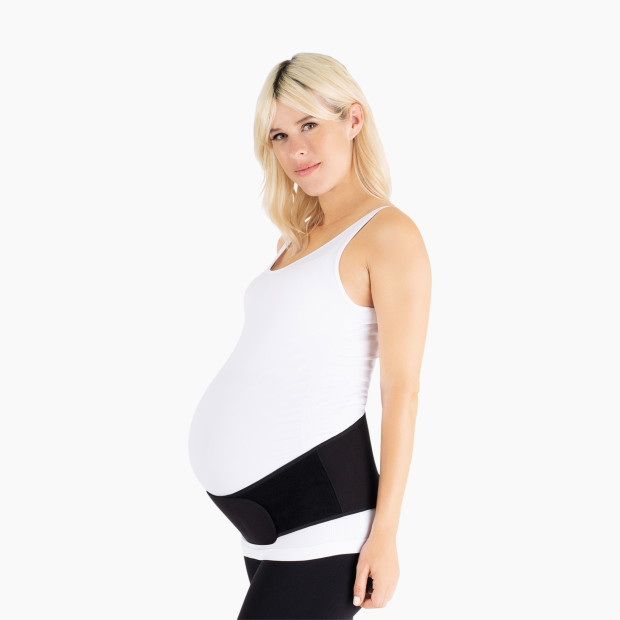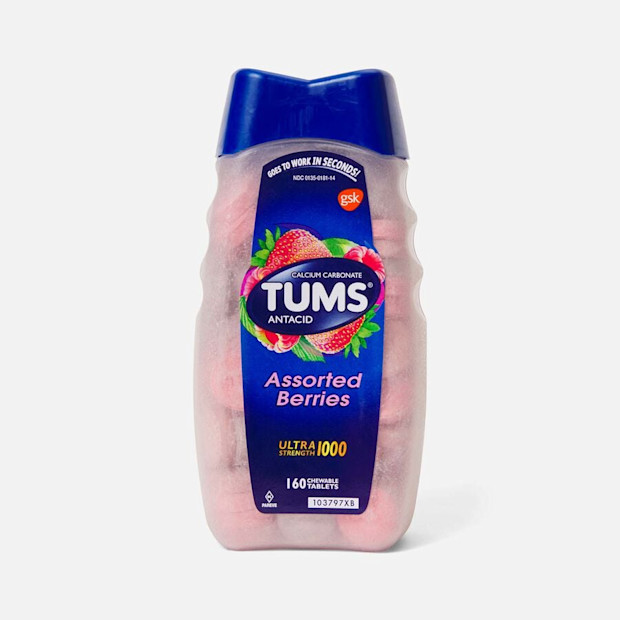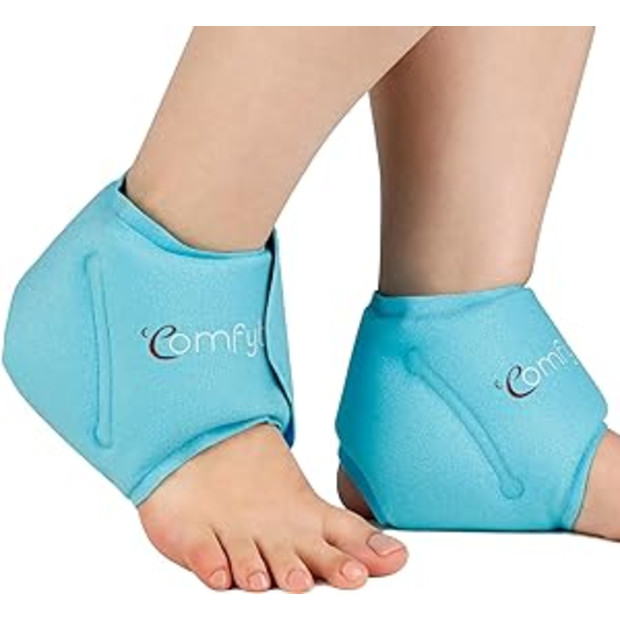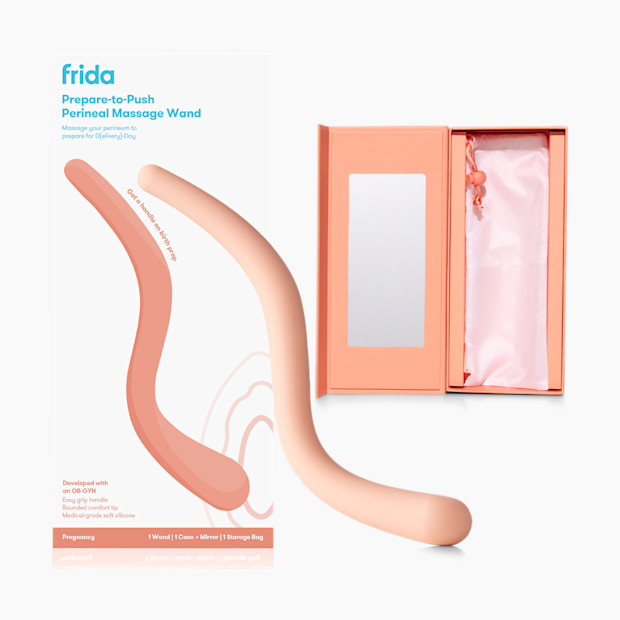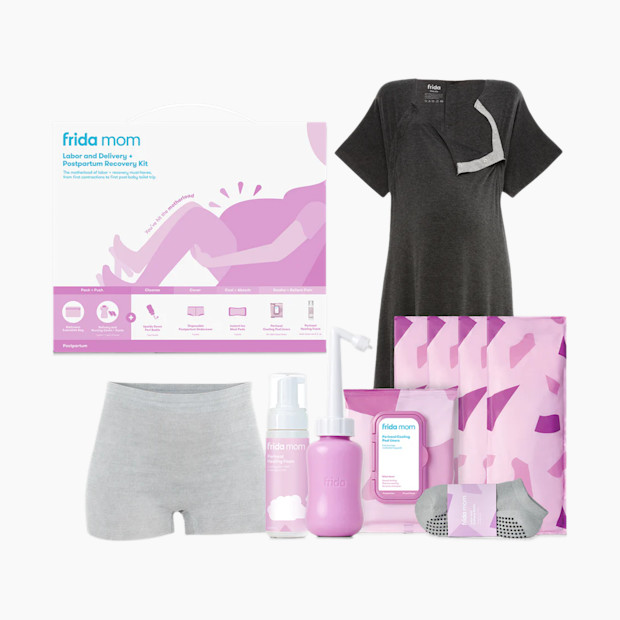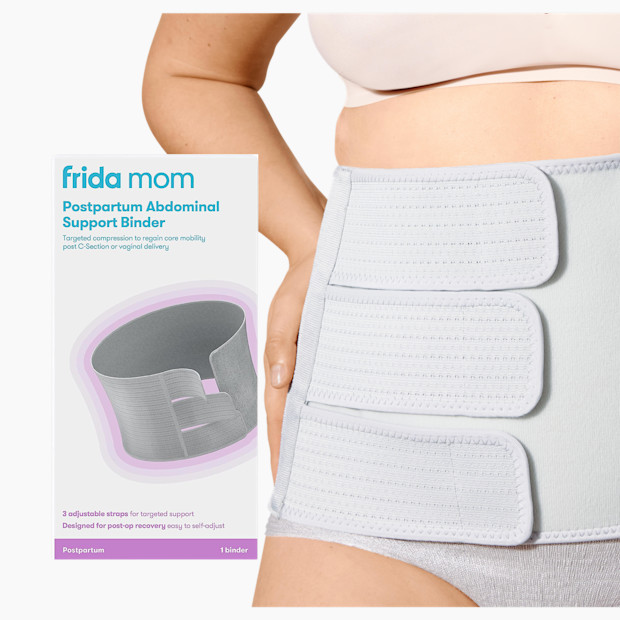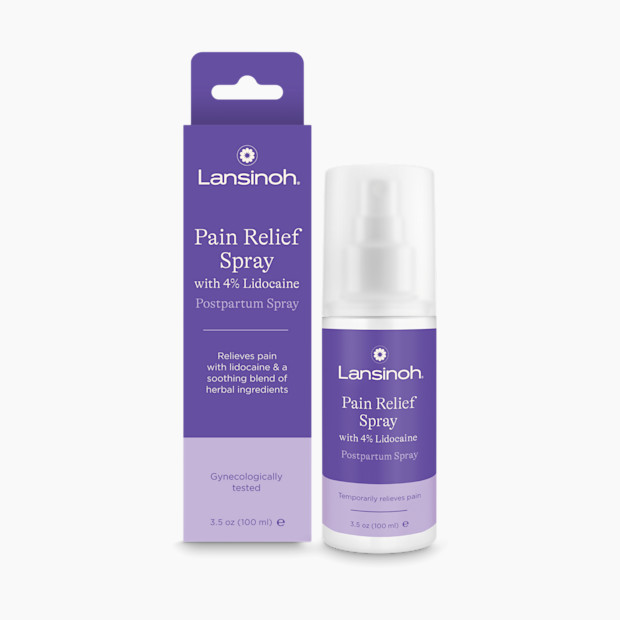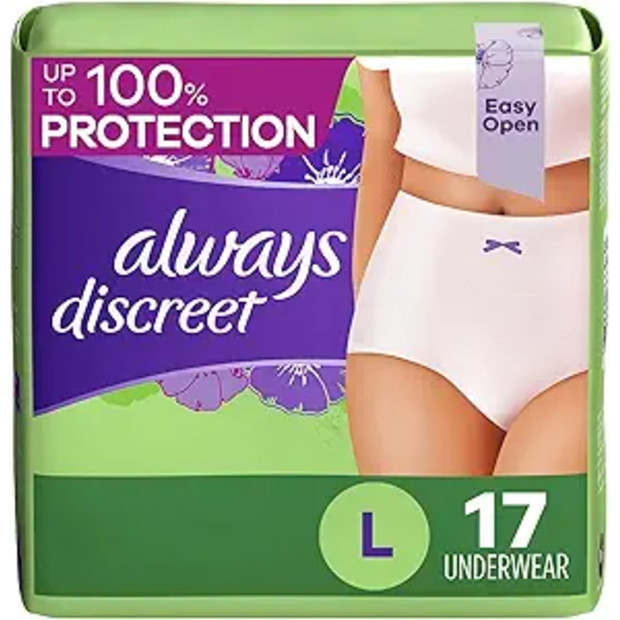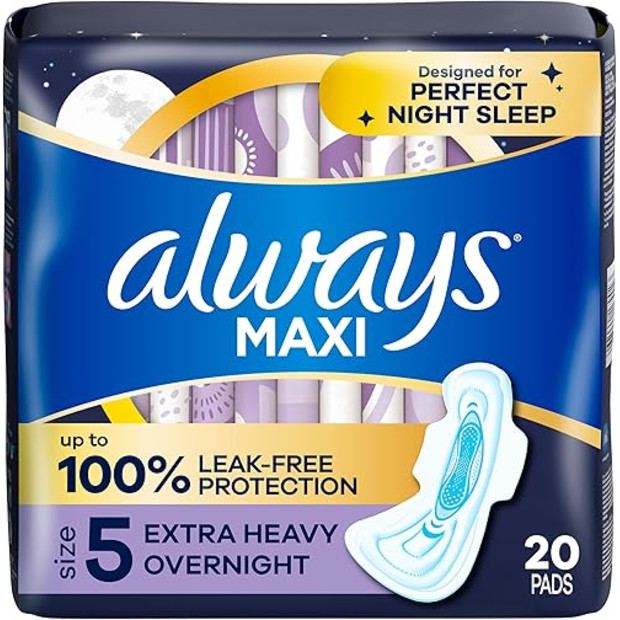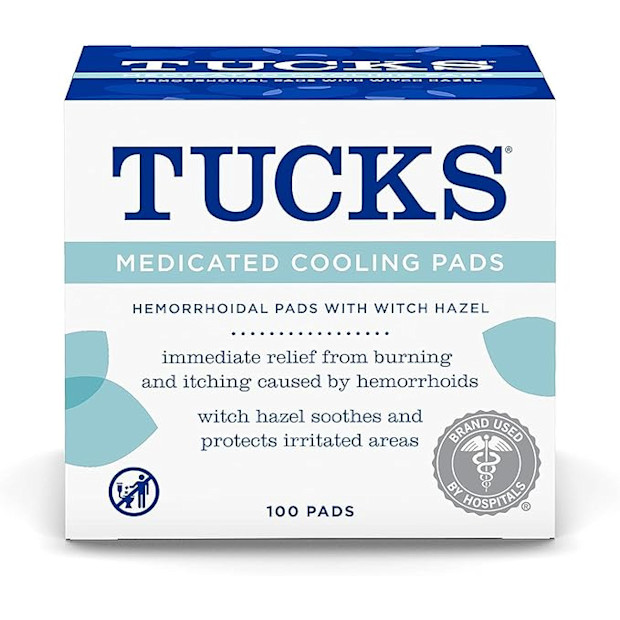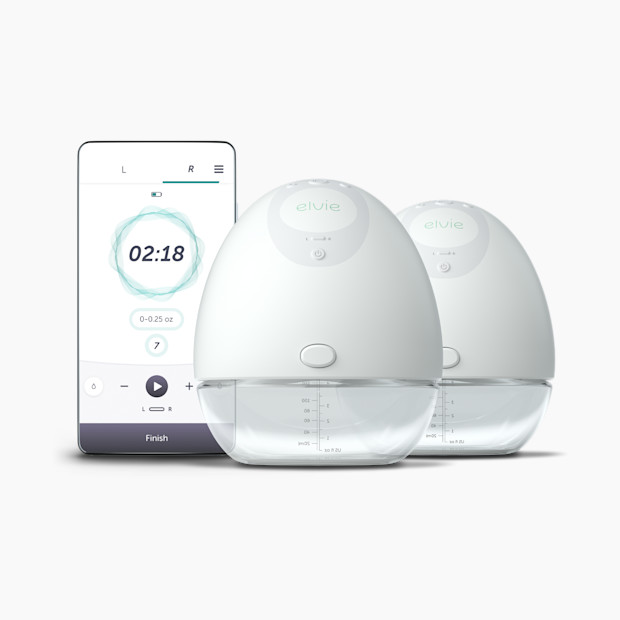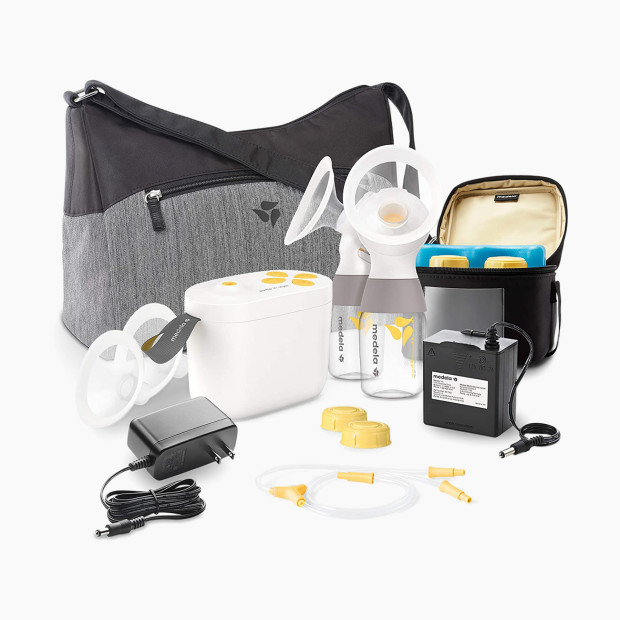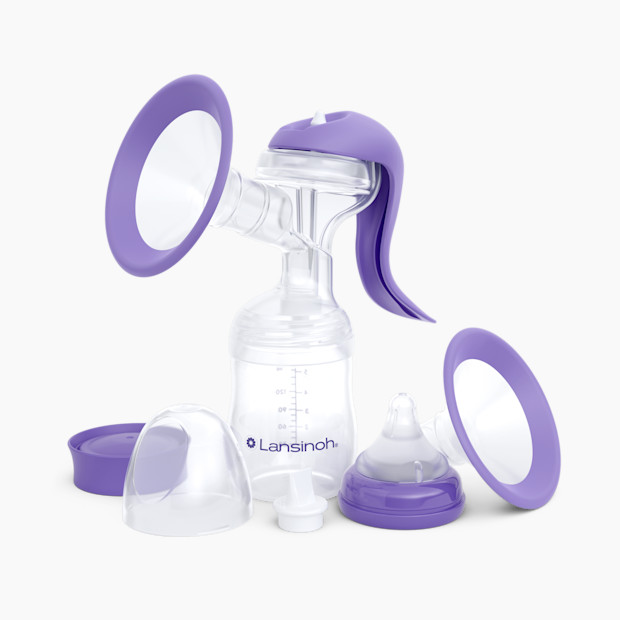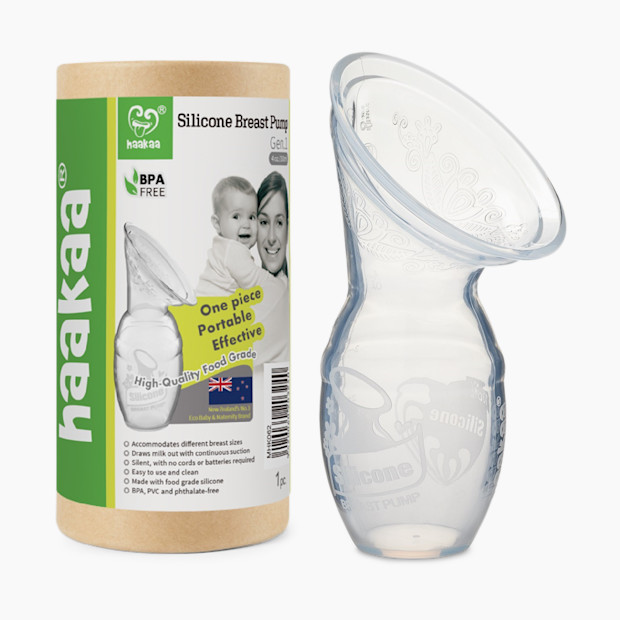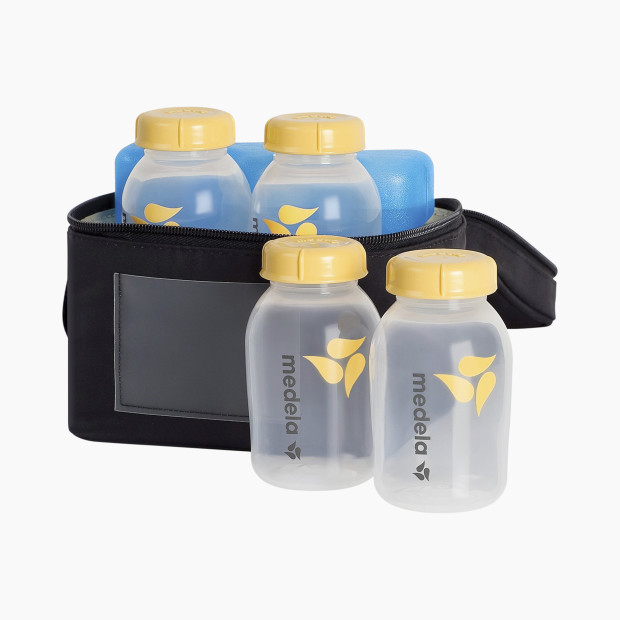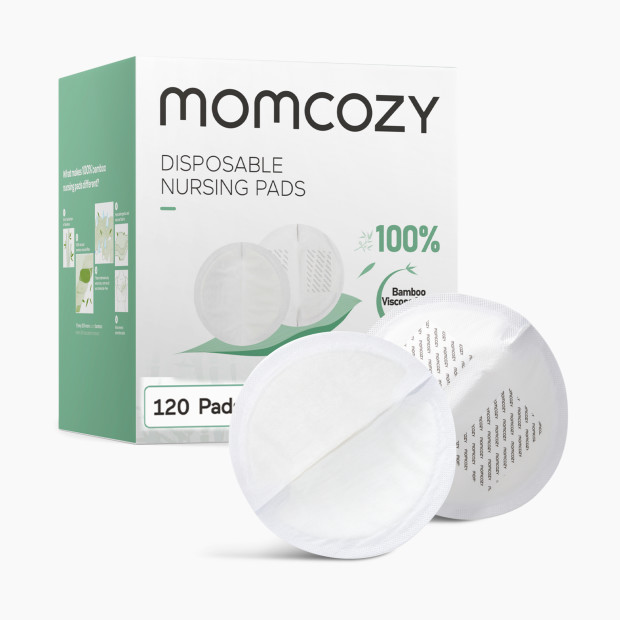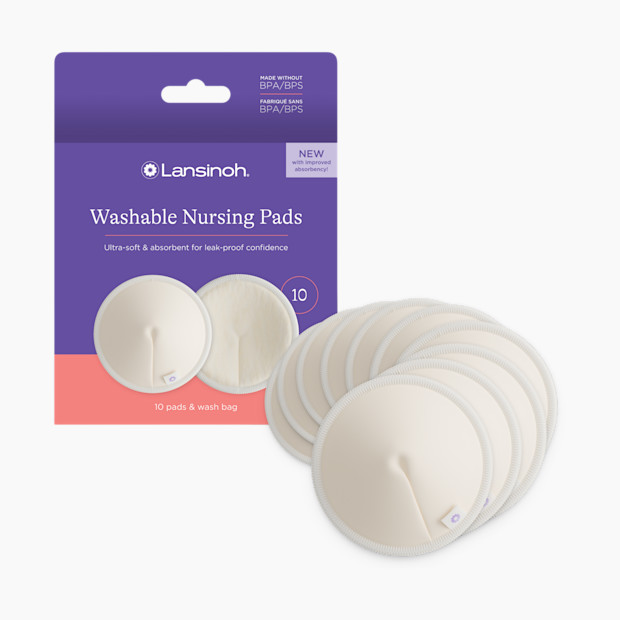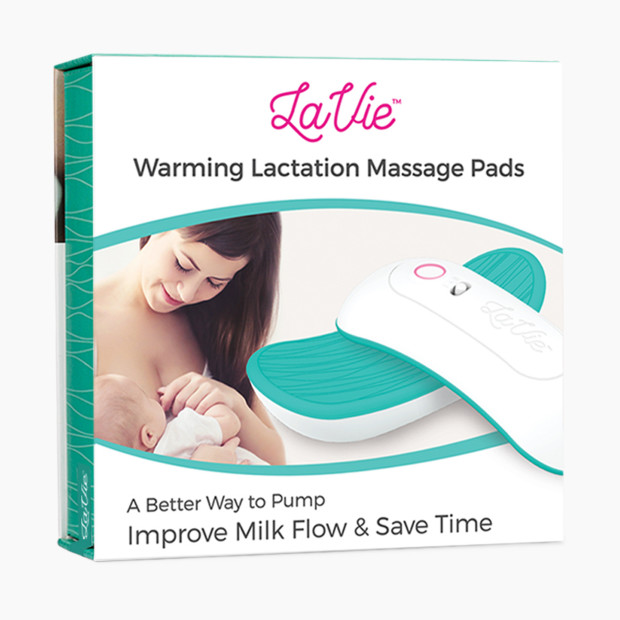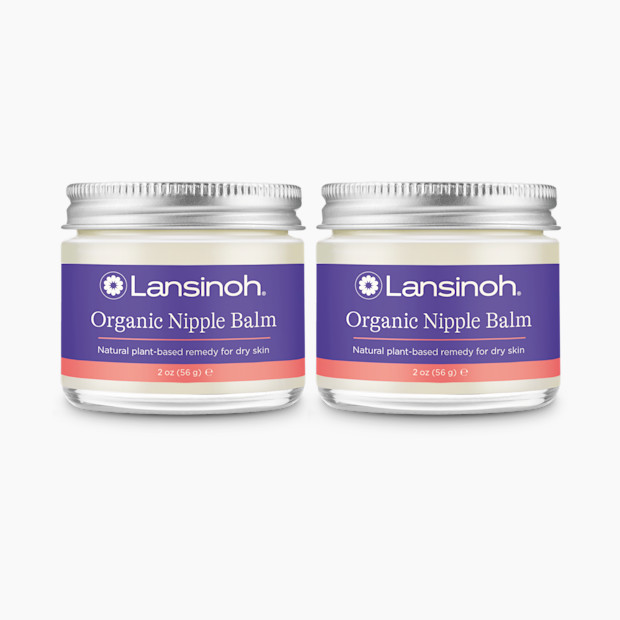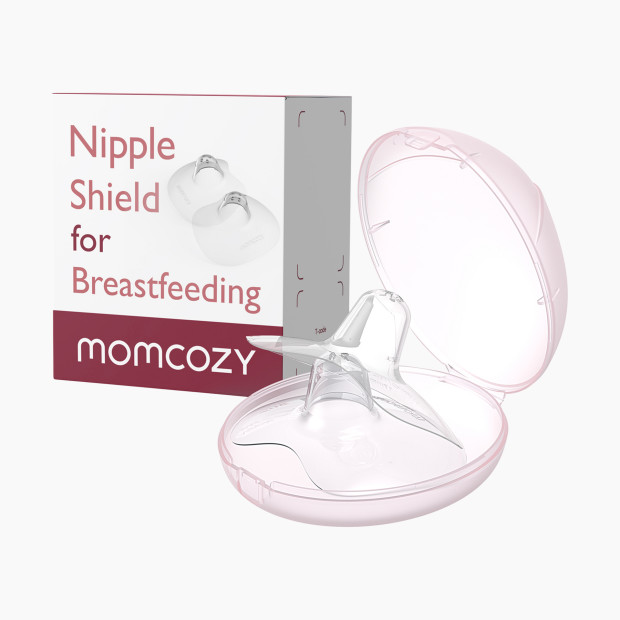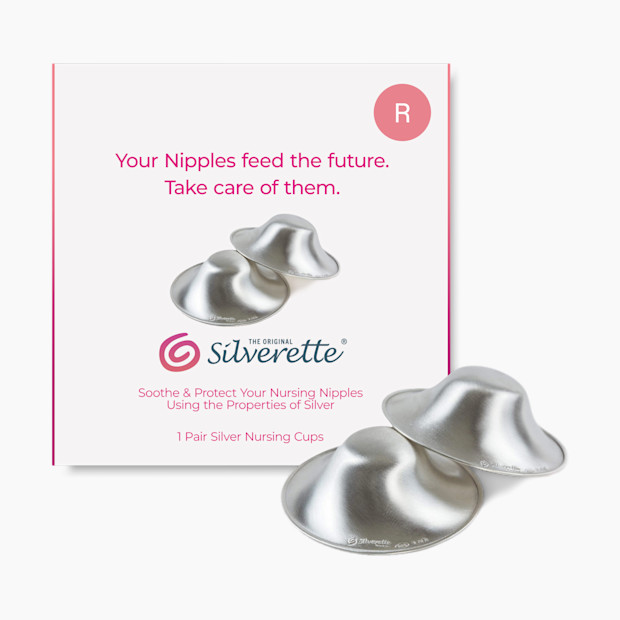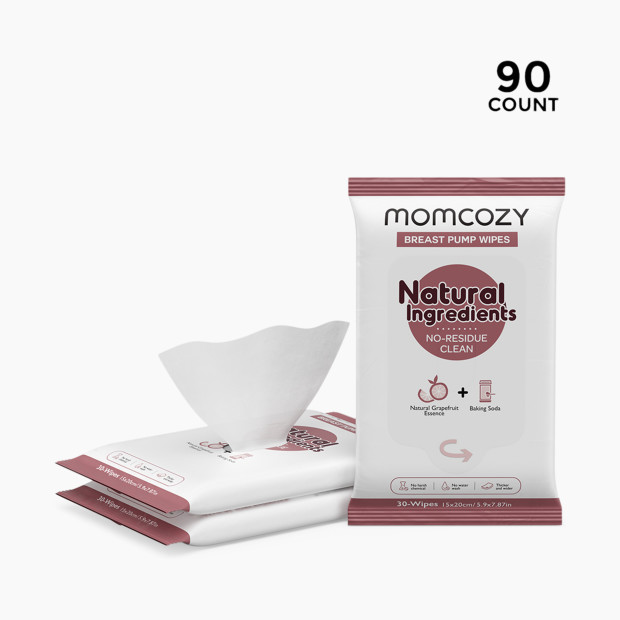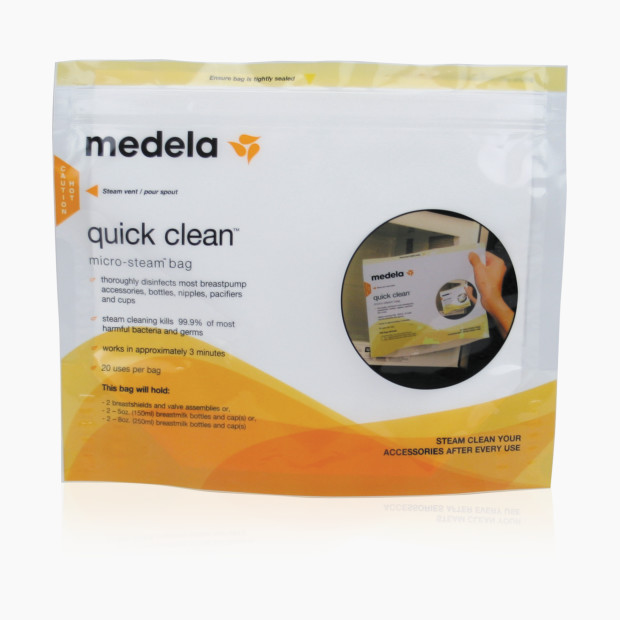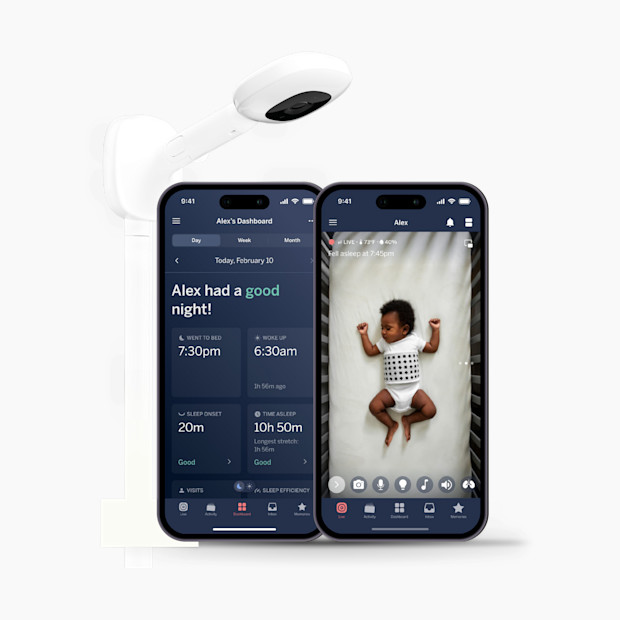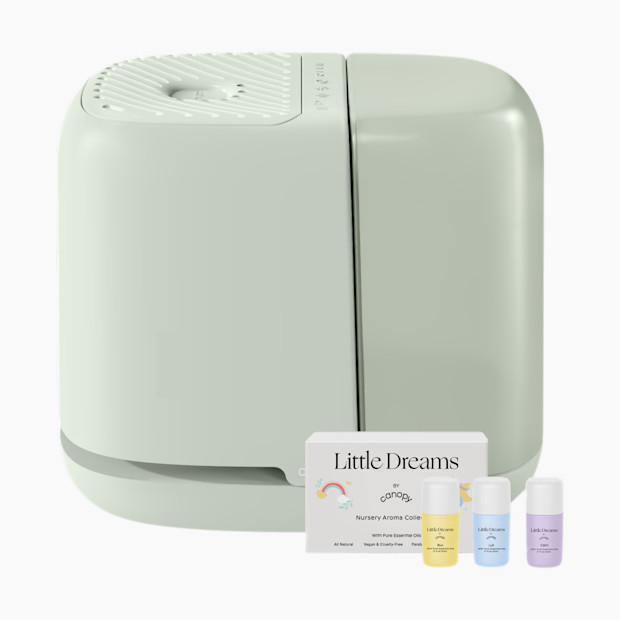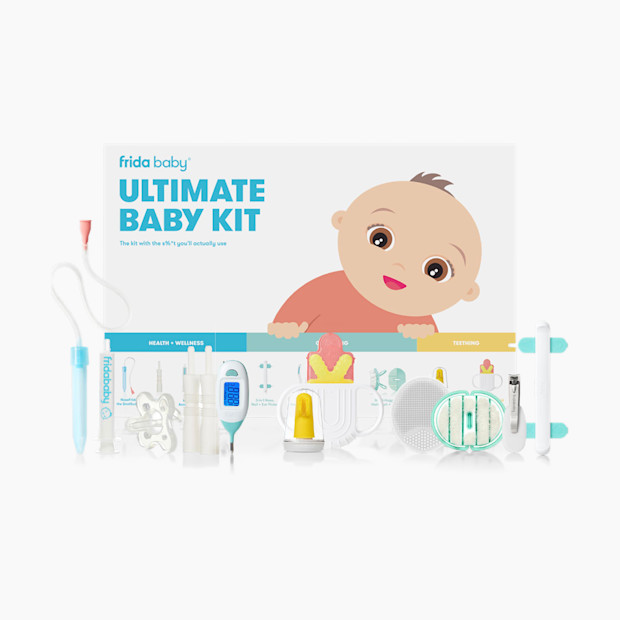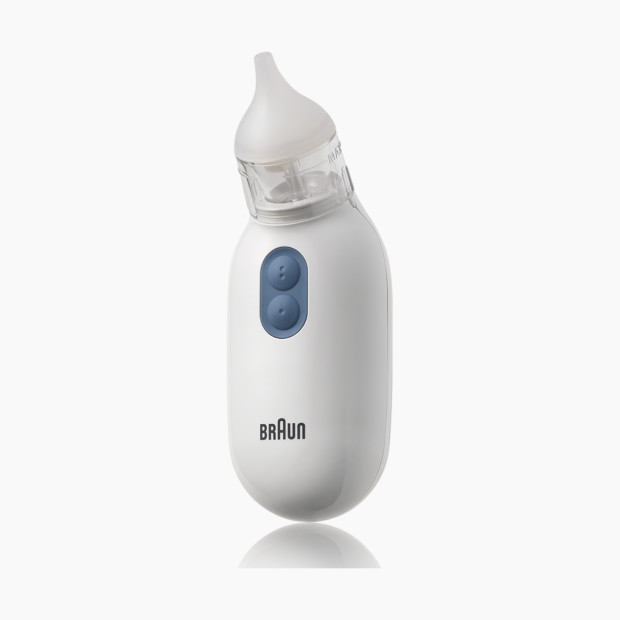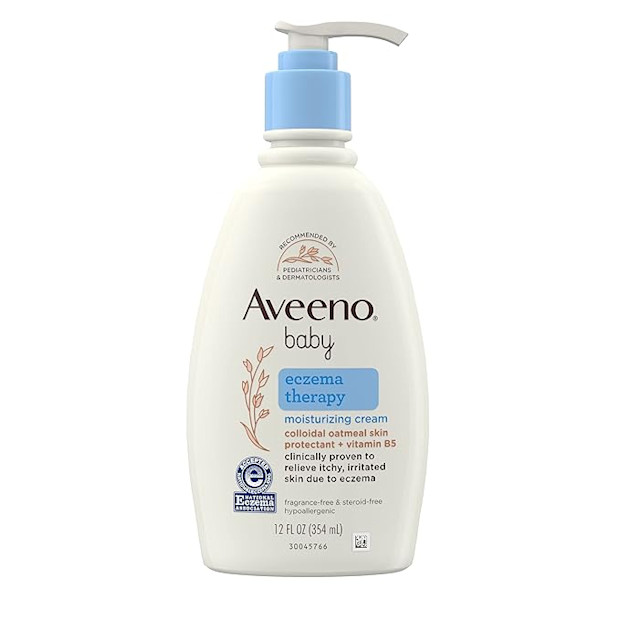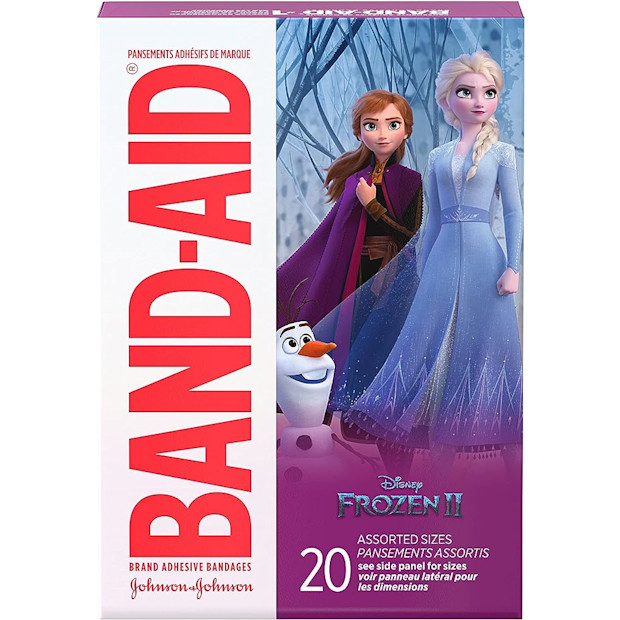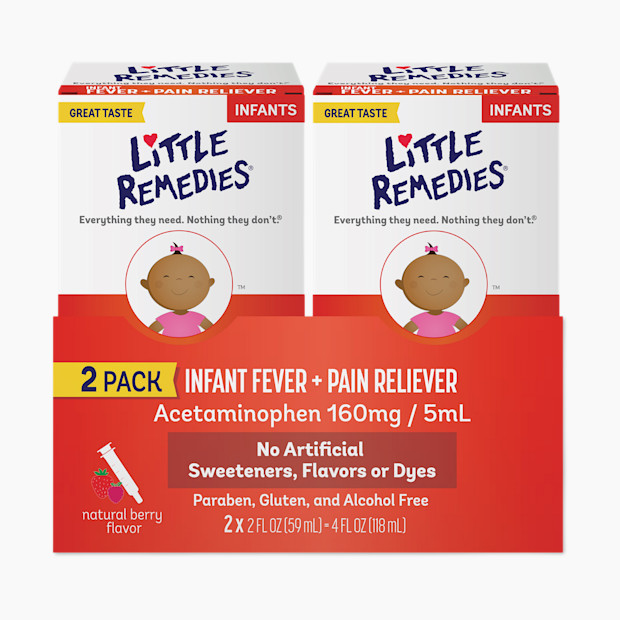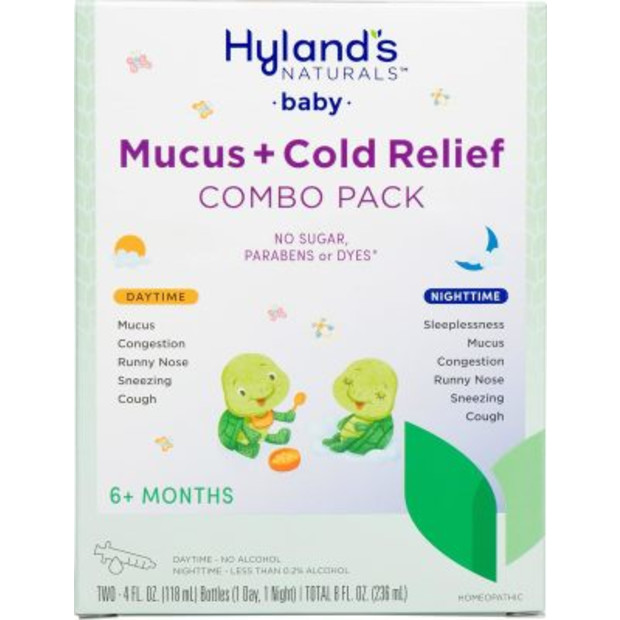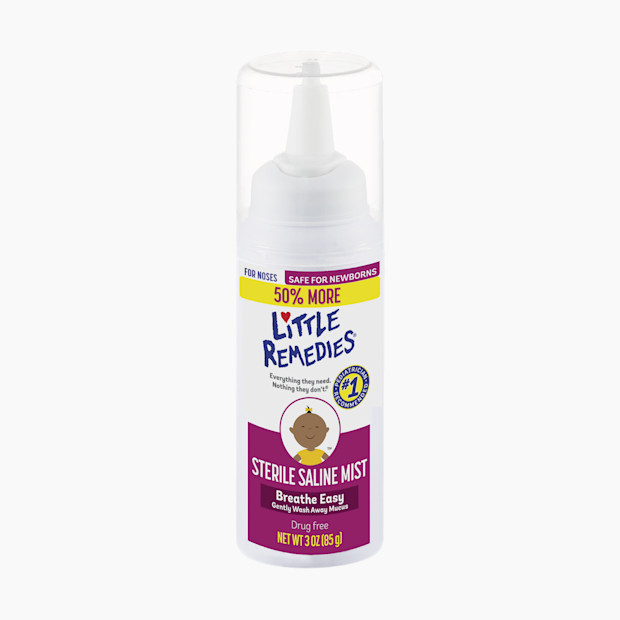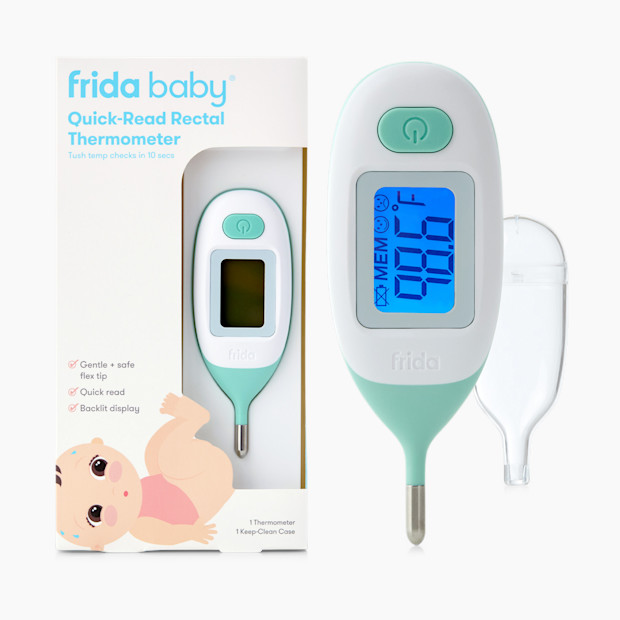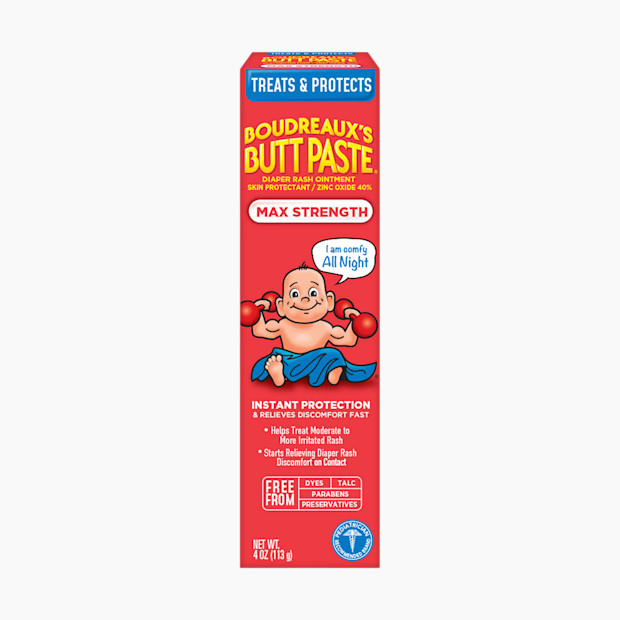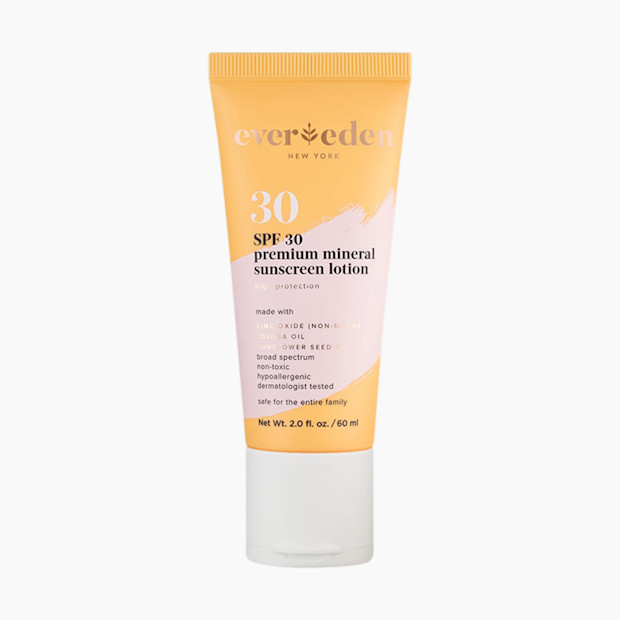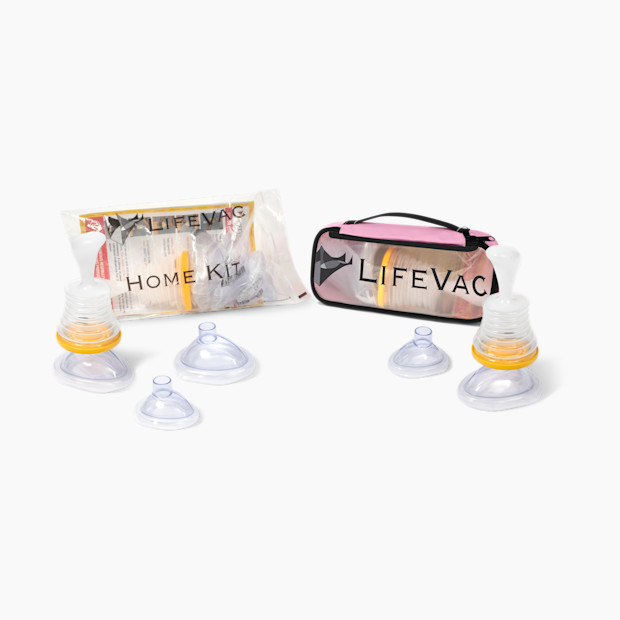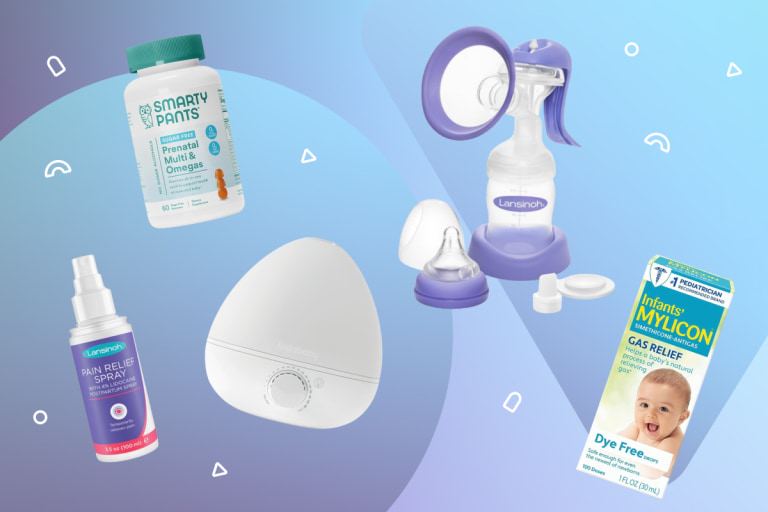
Pregnancy & Baby Products You Can Purchase With HSA/FSA
You can use your spending account funds on dozens of everyday items for both you and baby.

In This Article
Got an HSA (Health Savings Account) or an FSA (Flexible Spending Account)? Whether you’re a longtime spending account holder, you just recently enrolled in one or you’re curious if it’s worth getting one, you’re probably wondering what all you can use that money on. Good news: if you’re pregnant or have a baby, you can buy a lot of your daily necessities with your pre-tax dollars!
HSAs and FSAs can only be used for healthcare items that treat specific medical problems (as determined by the IRS), so they won’t cover absolutely everything you need. But you might be surprised just how much you can get with your annual contributions—from everyday things like sunscreen to more expensive items like breast pumps!
Speaking of annual contributions, those may or may not roll over to the next plan year, depending on which type of account you have. If you have an FSA, you can only take $680 with you into next year, so be sure to use as much as you can before the end of the year. If you have an HSA, don’t worry—all your leftover funds will roll over as long as you keep your HSA active (you'll continue to earn interest on those funds, too).
Here’s a roundup of which purchases are eligible (many of which you can find in the Babylist Shop), plus a little more information about both types of accounts and which products aren't eligible.
HSA & FSA Eligible Products Checklist
Pregnancy Products
Postpartum Products
Nursing and Pumping Products
Baby Products

(Note: The specific products and brands below are all HSA/FSA eligible, and they represent the general products that are also eligible. For example, you can use your funds on not just SmartyPants prenatal vitamins, but any prenatal vitamins!)
Pregnancy HSA/FSA Products
No matter which brand you prefer, prenatal vitamins and anti-nausea medicines are all eligible products. You can also use HSA/FSA money to soothe all the pregnancy-related aches, including acid reflux, swollen ankles and back and pelvic pain.
Postpartum HSA/FSA Products
From mesh underwear and witch hazel pads to abdominal binders and stool softeners, your postpartum recovery is covered with HSA or FSA. And remember, it’s not just these specific items below—generally, all the products that support your body’s recovery from birth are covered.
Nursing and Pumping HSA/FSA Products
Fantastic news: whether you prefer electric, manual, hands-free or suctioning milk catchers, all breast pumps and pump accessories (including replacement parts) are HSA/FSA eligible! You can also get nipple cream, nursing pads, breast milk storage bags, cooling gel packs and more.
(PS: If you have health insurance, be sure to claim your free breast pump!)
Baby HSA/FSA Products
Teething pain, runny nose, diaper rash…no matter what ails your little one, there’s an HSA/FSA-eligible product for it. You can use spending account funds on all pain relief medicines, nasal aspirators, diaper creams, eczema lotions, sunscreens, thermometers and more.
A couple things to note about the below products: only health tracking monitors are HSA/FSA-eligible (not regular baby monitors), and only eczema lotions are eligible (not regular lotions). Additionally, while all sunscreens are eligible, make sure to only use mineral sunscreens on your baby.
Frequently Asked Questions About HSA/FSA
HSA vs FSA
Confused about which is which? Not sure what HSA or FSA even are?
HSAs and FSAs are savings accounts for individuals and families that are usually attached to a health insurance plan. They allow you to set aside a predetermined amount of money from each paycheck specifically for medical expenses, including office visit copays, prescription and over-the-counter medication, physical therapy tools—anything you can think of that helps treat a specific medical problem.
The best part is that spending accounts use your *pre-tax* income, so you have more spending power than you’d get when buying these things with your regular taxed income.
Not sure if you have a spending account? Check with your employer’s HR department to know what your contribution options are.
Now that you have a better idea of what they are, there are quite a few key differences between these two types of accounts. Let’s break it down:
HSA vs FSA
| HSA | FSA | |
|---|---|---|
| Do funds roll over to next year? | Yes, all funds roll over | Yes, you can carry $680 into the next plan year, but any funds above that disappear |
| Do you need a specific healthcare plan? | Yes, you need an HDHP (High Deductible Health Plan) | Nope, any plan can have an FSA attached to it (except HDHP)—you can even have an FSA with no health insurance plan |
| Do you have to be employed? | Employed or self-employed | Employed (self-employed people aren't eligible) |
| Is there a contribution limit? | 2025: $4,300 (individual)/$8,550 (family) 2026: $4,400 (individual)/$8,750 (family) |
2025: $3,300 2026: $3,400 |
| I got a new job! Can I transfer my spending account? | Yes | No |
| How much of my funds can I access? | However much you've contributed so far | The full annual amount, no matter how much you've contributed so far |
| Can I change how much I contribute? | Yes | No |

One thing to note about HSAs: Since the full amount rolls over year to year, you might consider saving that money for larger medical expenses down the line rather than spending it on lower-cost baby items.
“Many families, even if they have several baby-related medical expenses that qualify under the HSA, will still pay for them out-of-pocket because they’ll make more money by maxing out their HSA and letting those funds grow in the market over time,” says Setu Shah, parent financial coach and founder/CEO of Financial Doula. Depending on your HSA balance, your account can earn annual tax-free interest at anywhere from .01% to 5%, so that’s even more money you’ll save up.
It’s up to you how you use your spending account money, whether you save it up or spend it on smaller necessities. The list below of what’s eligible for HSA and FSA (and what’s not eligible) might help you decide.
What's eligible for HSA/FSA?
There’s a lot you can use your spending accounts on, thankfully—literally dozens of products you and baby use daily. If you’ve got HSA or FSA funds burning a hole in your pocket, this list can help you maximize your pre-tax dollars and make sure you and baby have all the stuff you need to stay healthy.
To make it extra easy, you can find dozens of HSA/FSA eligible products right here on Babylist! Just visit the FSA & HSA page in the Babylist Shop to find a variety of pregnancy, postpartum and baby essentials.
Want to check if a specific product is eligible? FSAStore.com and Amazon’s HSA/FSA Shop can show you which products qualify.
And if you’re having trouble deciding just how to spend those funds, Somrack says that, according to his data at Silver, the most popular categories for new parents to use their FSA/HSA money on are “breast pumps and breastfeeding accessories—including storage bags and bottles, prenatal vitamins, diaper rash cream, [infant] gas relief and infant Tylenol and pain relief.”
What’s NOT eligible for HSA/FSA?
While there are many baby and pregnancy products you can use HSA and FSA money on, not all health-related products are covered. Before you go on a shopping spree with your spending account, here are some health necessities that aren’t eligible for HSA or FSA:
Toothpaste
Regular lotion—though eczema lotions are HSA/FSA eligible
Ginger candies for nausea
Regular baby monitors—but any baby monitor that tracks health signs (breathing, oxygen, heart rate, etc), like Nanit or Owlet, is eligible
Nursing bras—but pumping bras are eligible
If your first question with this list was “Why aren’t diapers and formula covered?!” we completely understand. According to the IRS, which determines all HSA/FSA-eligible items, infant diapers don’t qualify for HSA/FSA reimbursement under their guidelines.
“Expenses must be for diagnosis, treatment or prevention of disease or medical condition,” says Daniel Somrack, co-founder of Silver, an FSA/HSA claims facilitator. “They need to treat a physical condition. Diapers are considered a personal care item that is expected to be used for all babies. You might see that adult diapers are eligible, [but] that’s because they are addressing incontinence, a specific medical condition. Toothbrushes are another example of personal care, even though using one prevents diseases.”
“In terms of what baby items are eligible vs. not, I like to think of it as health-related items that are used less frequently usually qualify under FSA/HSA rules vs. items that are used daily usually don’t qualify,” Shah says. “Medications, nasal sprays, rash creams, nasal aspirators and more are examples of products that qualify, whereas products like diapers, wipes, daily lotions, etc. will not qualify. Formula is similar in that it does not treat medical issues and is considered a food item rather than a medical item.”

